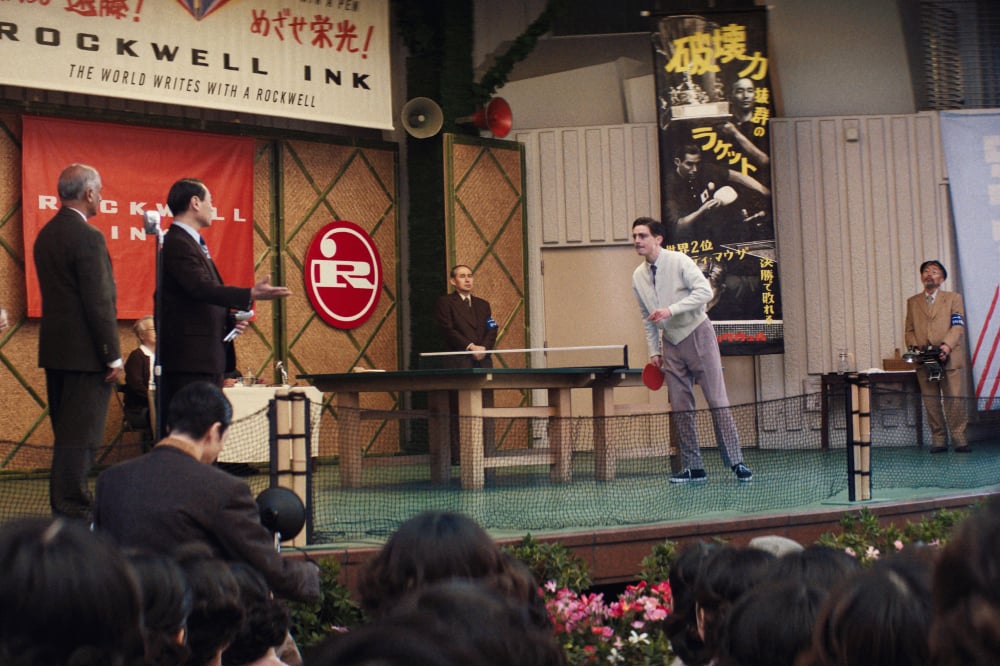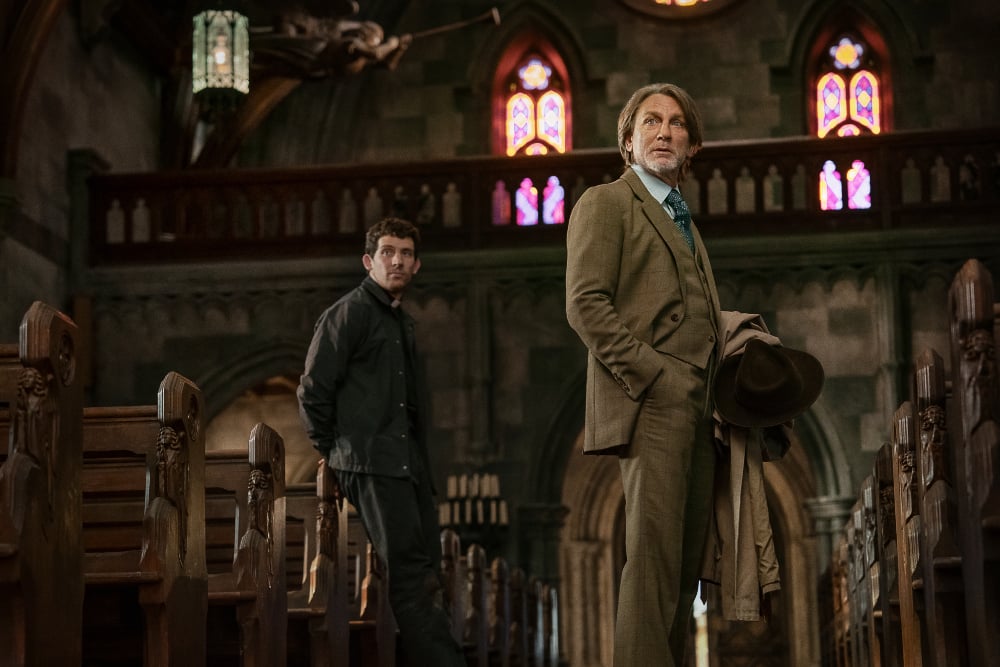Guillermo del Toro Brings Out Gods and Monsters in a Lush ‘Frankenstein’
It may miss the pulpy punch of the 1931 classic, but there’s plenty to admire in this adaptation.
Guillermo del Toro’s lush and gothic take on the endlessly examined “Frankenstein” is undoubtedly an adaptation of the book — and, inherently, not a remake of the landmark 1931 film. He’s making a bargain in approaching the material this way; he has chosen to tell the story with heft, grandeur and epic scale.
This approach sacrifices the pulp shock of the Universal Studios classic, which was delivered as a work of pure horror by James Whale more than 90 years ago. That film remains the best adaptation of Mary Shelley’s story. (Truthfully, Mel Brooks’ “Young Frankenstein” takes second place.) While del Toro’s doesn’t challenge the supremacy of the iconic “Frankenstein,” it easily claims space alongside it; it is a worthy, if overstuffed, companion.
Whale emphasized horror; del Toro is working in science fiction. Many have made the bold (if complicated) claim that Shelley’s book invented the scifi genre; whether or not that’s true, it undoubtedly set the tone for the century that followed. And in that book as well as del Toro’s version, it is the title character — Victor Frankenstein (Oscar Isaac), a flawed but brilliant scientist — who is the protagonist. The monster (Jacob Elordi) is the sympathetic and ultimately violent victim.
We spend much of the film with Frankenstein before he makes his creation, beginning in childhood. His exacting father, Baron Leopold Frankenstein (Charles Dance), used hurtful methods in raising the boy to be brilliant and precise; his brother, William (Felix Kammerer), was the favored child. When we jump forward to meet the brothers as adults, William is successful and engaged to the defiant and charming Elizabeth (Mia Goth); Victor falls for her, but business with corpses keeps getting in the way.
Victor has a patron, in the form of the wealthy and quite possibly mad Henrich (Christoph Waltz), who provides the young visionary with a towering building and uncapped funds. At brutal cost, Victor’s experiments are successful — leading to the birth of a creature who Elizabeth sees as a helpless child and Victor regards as little more than soulless flesh.
That tension will drive the film toward a snowbound climax; the film begins and ends on an icebound ship, as Victor has pursued his seemingly invincible creation to the Arctic. These scenes frame the story beautifully and give del Toro a remarkable canvas to work with; desolate ice meets brilliant sunsets as man and monster close in on one another.
The film proceeds with a deliberately languorous pace, as del Toro — who also wrote the screenplay — is determined to capture the feeling of reading an engrossing novel on a cold winter’s evening. (Or, perhaps, the sensation of a creeping nightmare that stretches from dusk until dawn.) In the theater, it works; unfortunately, the film will only occasionally be seen on a proper screen, as its wide release is reserved for Netflix. I worry that such a careful and deliberate film will be lost on viewers with the ability to pause and return at their leisure; I’d imagine far more will press play on this film than will reach the end credits.
That is the bargain del Toro has made. He might’ve put his considerable talents toward crafting a quick and dirty affair like Whale’s film; that version would’ve better served a home audience. Instead, he made the movie he wanted to make, regardless of how it would be seen. The result is lovely and chilling — despite a muted impact.
My Rating: 8/10
“Frankenstein” will begin streaming Nov. 7 on Netflix.















